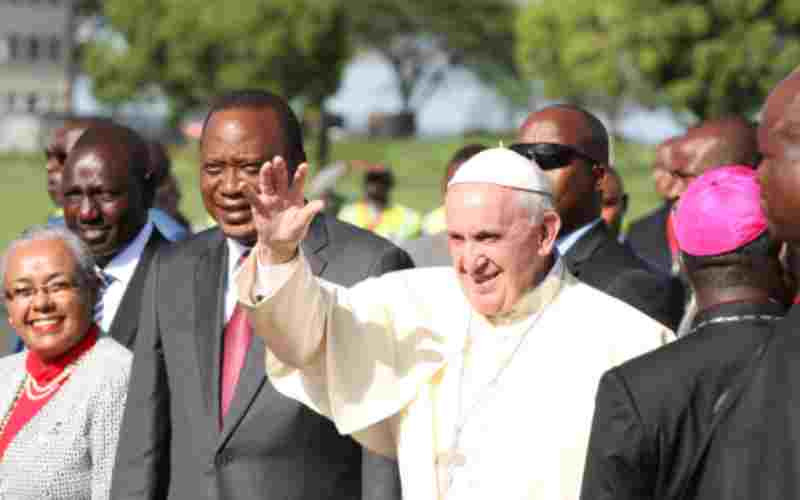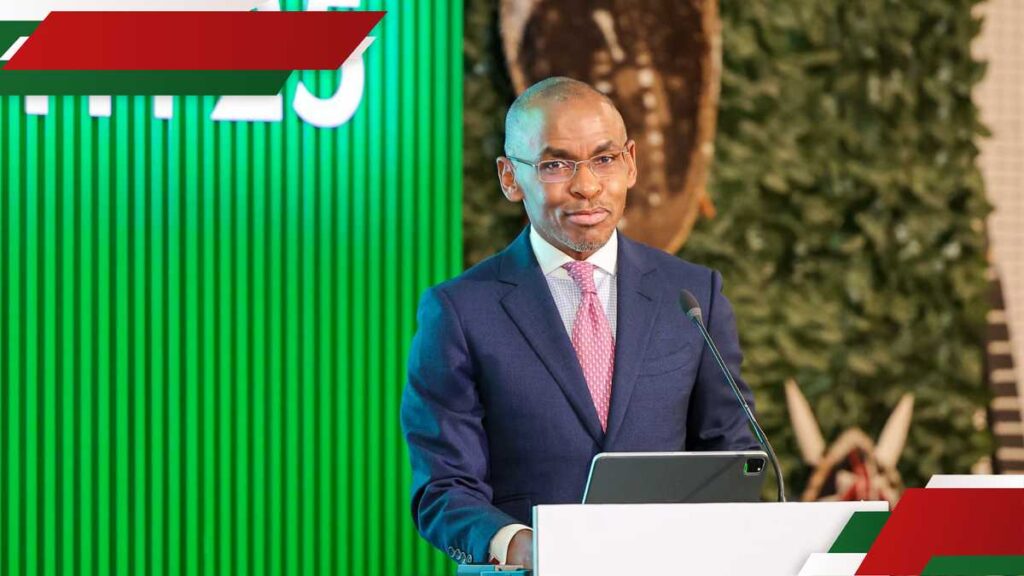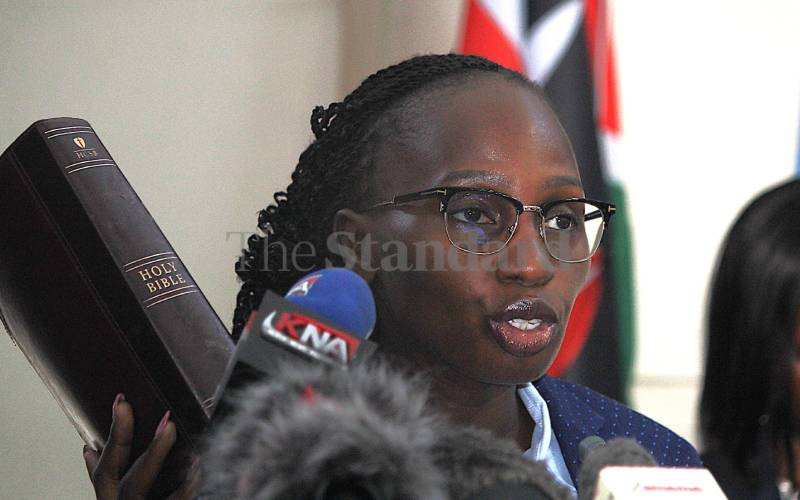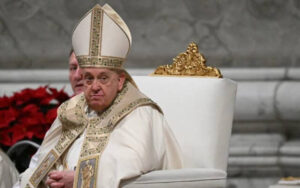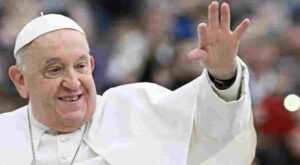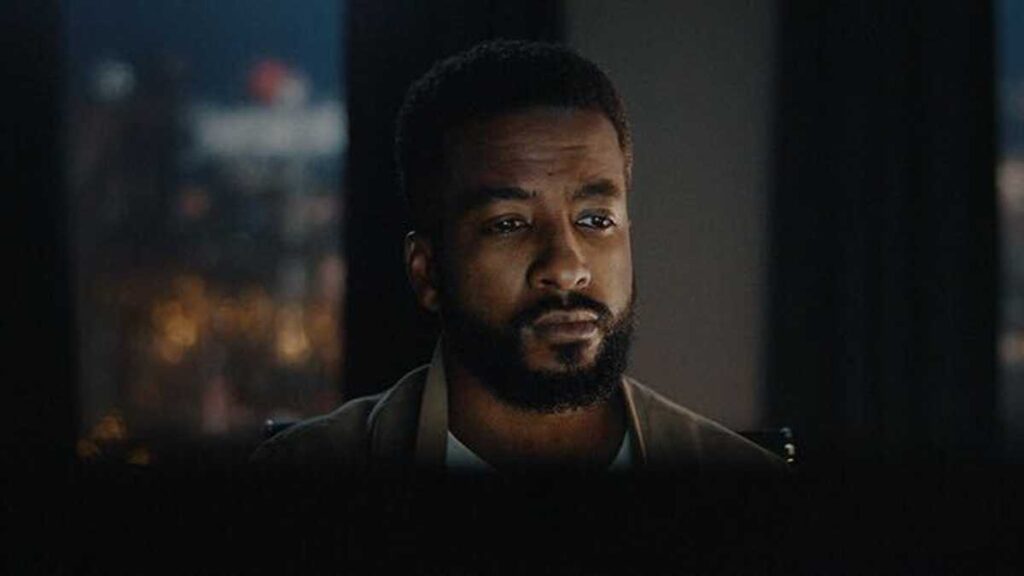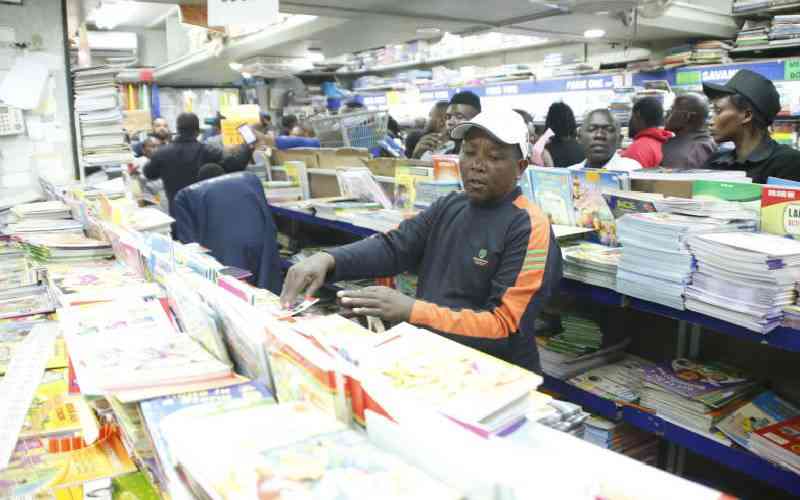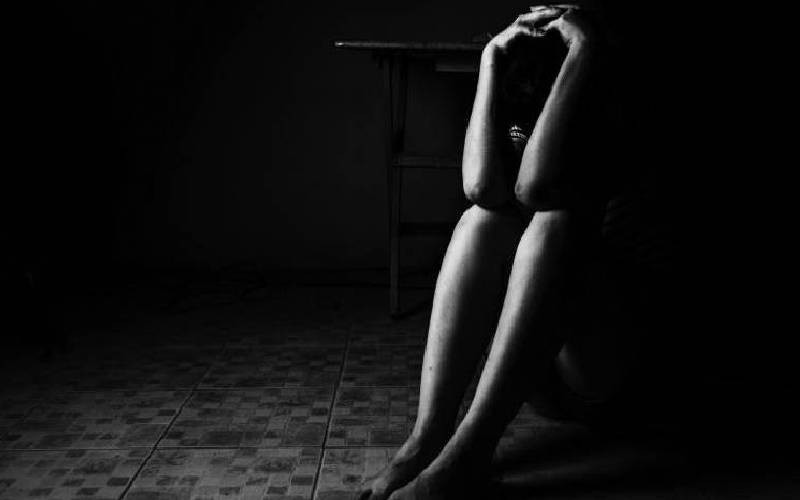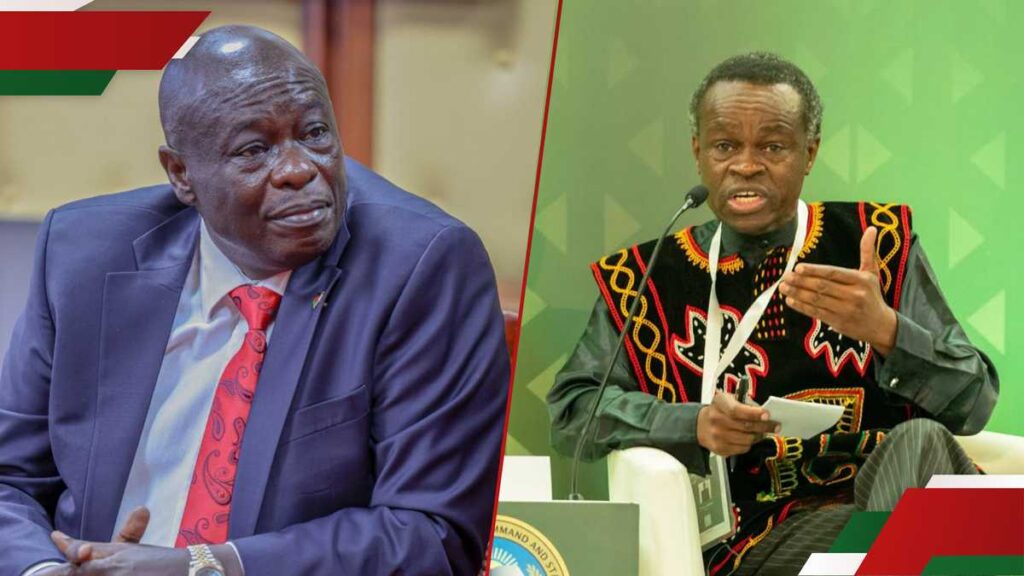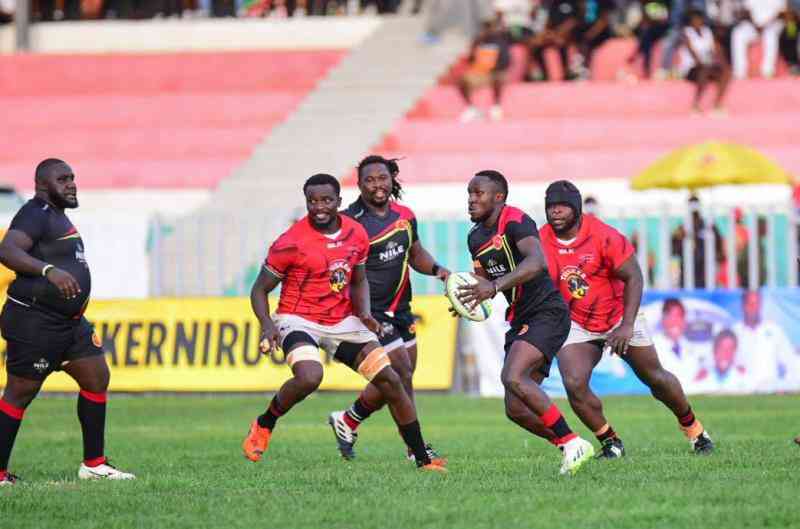The news of Pope Francis’s death on Monday, April 21, marked the end of a historic papacy shaped by humility, reform, and an unconventional rise to the throne of Saint Peter.
Francis, born Jorge Mario Bergoglio in Buenos Aires, Argentina, became pope on Wednesday, March 13, 201,3, after five rounds of secret voting inside the Sistine Chapel.
The white smoke appeared just before 7 pm Rome time, sending crowds in Saint Peter’s Square into a frenzy. Minutes later, the world saw a new figure step onto the balcony—not a Vatican insider but a soft-spoken Jesuit from Latin America.
His election came after the dramatic resignation of Pope Benedict XVI on Thursday, February 28, the first papal resignation in nearly 600 years. As the conclave began, few cardinals saw Bergoglio as a frontrunner.
“He wasn’t on the shortlists”, said Vatican historian Antonio Lombardi. “He was a compromise but also a conscience choice, someone who could reset the tone.”
Francis broke with tradition in nearly every way. He was the first Jesuit pope from outside Europe in more than 1200 years and the first to choose the name Francis in honour of Saint Francis of Assisi, a symbol of poverty and peace.
Born in 1936 to Italian immigrants, Bergoglio joined the Society of Jesus in 1958, was ordained in 1969 and became Argentina’s top Jesuit in the 1970s.
During the country’s dictatorship, he kept a low profile, later admitting he made mistakes in handling the Church’s role under military rule.
He became archbishop of Buenos Aires in 1998 and was named cardinal by John Paul II in 2001.
His humility set him apart. In Buenos Aires, he lived in a modest flat, took the bus and cooked his meals. After his election, he refused to use the grand papal apartment, choosing instead a small room in the Vatican guesthouse.
As Pope, he championed the poor, pushed for climate action, criticised global inequality and softened the Church’s tone on divisive social issues, though critics argued he stopped short of real structural change.
Francis died at 88 after years of chronic lung illness.








